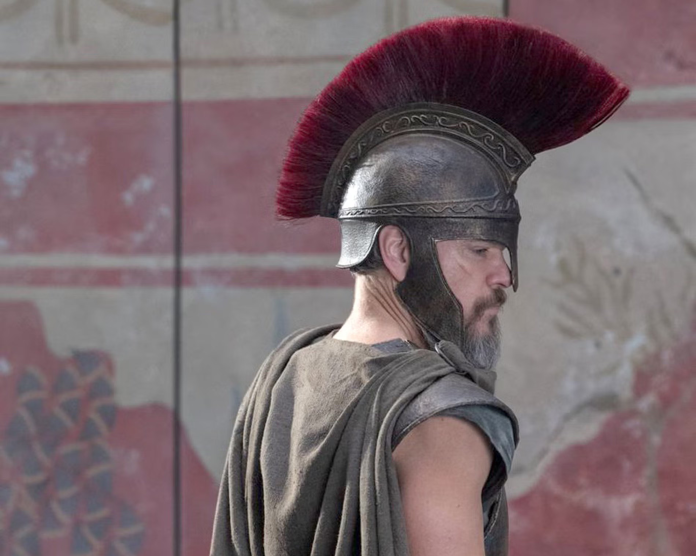Renowned filmmaker Christopher Nolan faced sharp criticism from human rights advocates for selecting the disputed territory of Western Sahara as a filming location for his forthcoming adaptation of Homer’s The Odyssey, according to Euronews.
The Oscar-winning director, known for cinematic achievements including The Dark Knight trilogy and Oppenheimer, recently shot scenes in the coastal city of Dakhla, an area under Moroccan control since 1975 but claimed by the indigenous Sahrawi people as part of their ancestral lands.
The Western Sahara International Film Festival (FiSahara) issued a strongly worded statement condemning the production’s presence in the contested territory. María Carrión, FiSahara’s executive director, expressed concern that the high-profile project could inadvertently legitimise Morocco’s sovereignty:
By filming part of The Odyssey in an occupied territory… Nolan and his team, perhaps unknowingly and unwittingly, are contributing to Morocco’s repression of the Sahrawi people.
The festival organisers emphasised the irony of creating cinematic narratives in a region where indigenous filmmakers face severe restrictions on telling their own stories.
Western Sahara remains Africa’s last unresolved colonial territory, designated as “non-self-governing” by the United Nations. Amnesty International’s recent documentation reveals ongoing suppression of basic freedoms, while Reporters Without Borders describes the territory as a “desert for journalists” where media professionals risk imprisonment and torture.
Against this backdrop, FiSahara has called upon Nolan and his star-studded cast, including Matt Damon, Charlize Theron and Zendaya, to demonstrate solidarity with the Sahrawi cause.
The controversy gained momentum when Academy Award-winning actor Javier Bardem amplified the criticism through his social media platforms. Sharing FiSahara’s statement on Instagram, the Spanish star wrote:
For 50 years, Morocco has occupied Western Sahara, expelling the Sahrawi people from their cities. Dakhla is one of them, converted by the Moroccan occupiers into a tourist destination and now a film set, always with the aim of erasing the Sahrawi identity of the city.
Moroccan authorities have actively promoted Dakhla as a filming destination, offering financial incentives through a 20–30% rebate on production costs. This strategy forms part of broader efforts to position the territory as both a tourist hub and creative industry hotspot.
The Moroccan government maintains its administration of Western Sahara is legitimate, while the Polisario Front continues to demand self-determination through its government-in-exile based in Algeria.
